When a major artist releases a new album, the first thing to follow is the onslaught of think pieces. And when Beyoncé released Cowboy Carter earlier this year, the tone of these think pieces was one of slightly baffled congratulation. Here, at last, was a pioneer who might drag this hidebound genre — of sequins and satin, of lachrymose, middle-aged songs about drink and divorce — into the modern age.
‘Modern country is like punk for the Hannah Montana generation’
The only problem is that Beyoncé was not leading; she was following. Beyoncé pivoted to country not to make it cool, but because it’s become cool — and more of a commercial powerhouse than it has been for years. In the US, just twenty-three country songs have topped both the country chart and the Billboard Hot 100, and three of them came in the week of August 5 last year.
You might argue that what goes around comes around — the Grammy-winning country singer Lainey Wilson might well proclaim in song that “Country’s Cool Again,” but forty-three years ago Barbara Mandrell was claiming “I Was Country When Country Wasn’t Cool” — but there is something different this time around. Because country today (at least the version that is shooting up the charts) is young people’s music. And it’s not just for Americans — this summer, Morgan Wallen becomes the first pure country star to headline a non-country festival in the UK, when he tops the bill at BST Hyde Park on, fittingly, July 4. (One of the other days is headlined by Shania Twain, who has returned to a more country sound in the past few years.)
But not everyone is delighted. For thirty years Tom Bridgewater has run the British country label Loose Music. Among his discoveries is Sturgill Simpson, who went on to sign to a major label and fill American arenas. When asked why he thinks country music is on the upsurge, he’s scathing. “Because it doesn’t sound like country anymore. Modern country is like punk for the Hannah Montana generation.”
Whether country sounds like country is the great faultline through the modern genre. In America, traditionalists bemoan the state of country radio stations across the US using identical playlists that promote music that sounds less like country than pop, rock or hip-hop with a bit of pedal steel and fiddle dropped on top. The style known as “Bro Country” (in which men sing about trucks and beer over a modern rock backing) has attracted particular disdain, but has produced some of the genre’s biggest current stars, among them Luke Bryan and Jason Aldean.
What used to be called country — serious-minded songs played on more traditional instruments — is now known as Americana, largely for marketing reasons. And even in the UK, mainstream country and Americana attract very different audiences. Bridgewater mentions going to see the singer Tyler Childers, who has quietly ascended to playing Hammersmith Apollo on his last visit to London. “It was noticeable that the crowd was the ‘bridge-and-tunnel’ element,” he says. “It’s the UK redneck crowd.” Certainly, as I wrote in these pages at the time, when the breakout star Oliver Anthony played in London earlier this year, it was not at all the typical London gig crowd — Shepherd’s Bush Empire was full of people singing “Joe Biden’s a pedo.”
The non-metropolitan element matters. “There’s a rural, working-class value to it,” says Ross Jones, editor of online country magazine Holler. “These artists come from small towns and they’re working on ranches and fishing — and I’m from Devon and I feel like I get that. People like songs about working hard.”
‘People never felt they could listen to country in an office — because they were too embarrassed’
It’s true that the UK now has an infrastructure for country. In 2013, the annual Country To Country festival began in London, with outposts in Glasgow and Belfast. There are country radio stations, including one run by the commercial giant Absolute. There is a country airplay chart, though it’s run by the Nashville-based country label Big Machine (which launched Taylor Swift upon the world) rather than being produced by the Official Chart Company (which has its own country albums chart).
The airplay chart launched earlier this spring, and it was an explicit response to country’s rising tide over here. “There has been an increase in country’s UK popularity over the last eight years,” says Alexandra Hannaby of Big Machine. “Taylor Swift is a big part of that — her pop fans have gone back to her country albums. And there was a massive jump when Covid hit. One theory is that country fans were late adopters to streaming, and only started doing it during Covid, so we saw a massive uptick. And we saw people who were already on streaming platforms started playing country more — as if they never felt they could in an office, because there was an element of embarrassment about listening to country.”
What’s interesting here is how this fits into a wider and rarely mentioned fact about the modern music industry: that the major labels no longer have the power to create interest in music through promotion because few people now care about the old levers of promotion — press, radio and TV. Music, thanks to social media, is global in a way it wasn’t even fifteen years ago. When one talks to label executives, a common theme one hears is that popularity on social media — which those executives cannot control — is now the surest way to guarantee a hit. Songs go viral on TikTok, people share their tastes on Twitter, they post clips from shows on Instagram.
Still, though, to put Wallen, who has only played one UK show so far — admittedly, headlining to a 20,000-strong crowd at the O2 — top of the bill in front of 65,000 people seems a bit of a risk. But this is not so, insists Jim King, who oversees festivals for the promoter AEG that puts on BST Hyde Park.
“All promoters face an element of risk with any artist booking but securing the hottest act in this genre was certainly low down in the gambling stakes,” he says. And what will follow? “There’ll be many more stadium tours in this genre that the UK will get to see.”
There’s no doubt that selling out Hyde Park will be a watershed moment. But how deep will the love go? Will the crossover stars lead new fans into the bywaters of American music? Bridgewater laughs at the notion. “There’s no way a Morgan Wallen fan is going to know who the Handsome Family are.”
This article was originally published in The Spectator’s UK magazine. Subscribe to the World edition here.



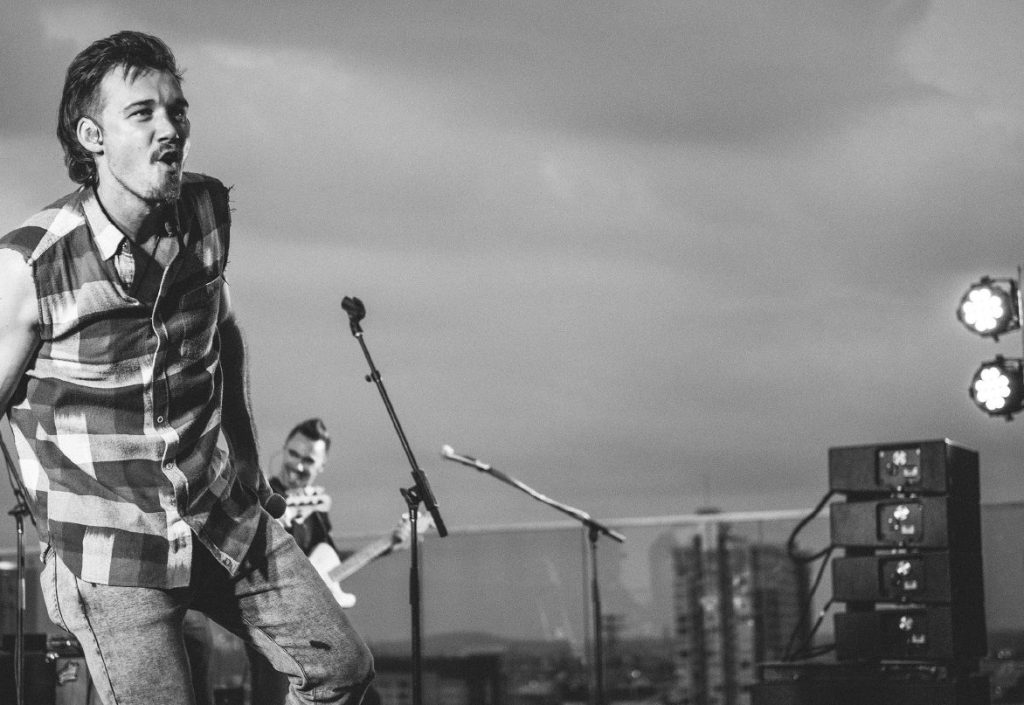






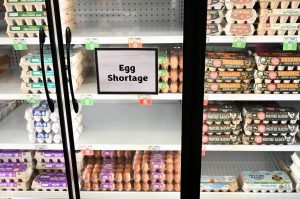
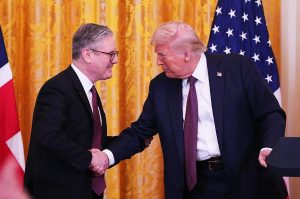
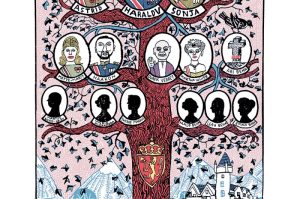
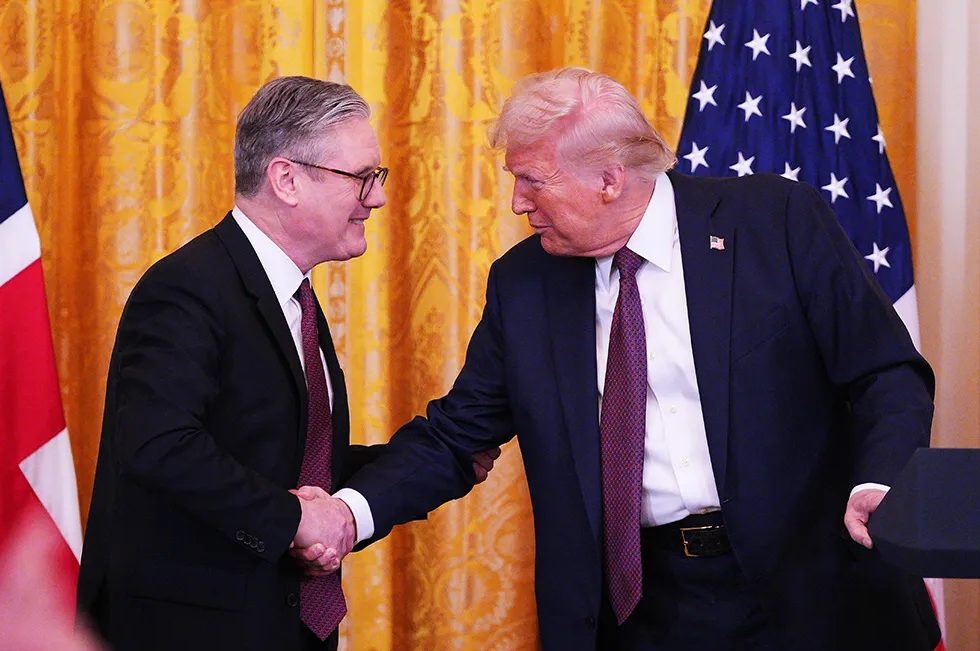
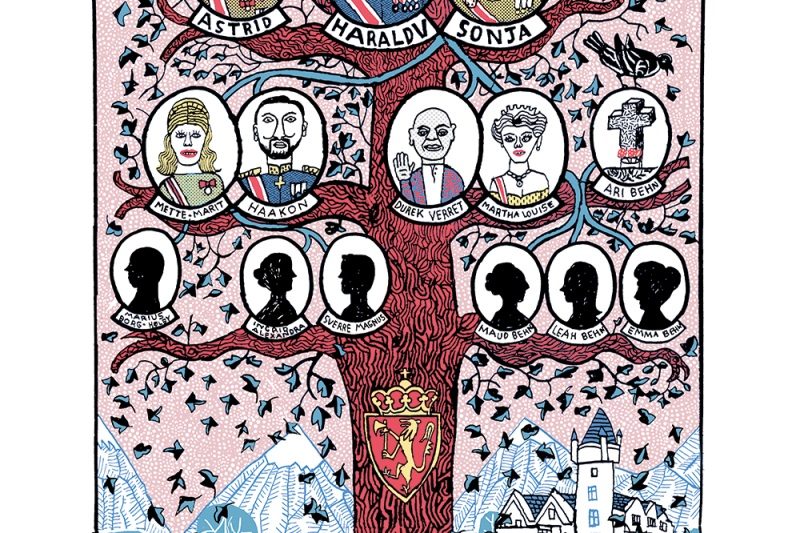











Leave a Reply